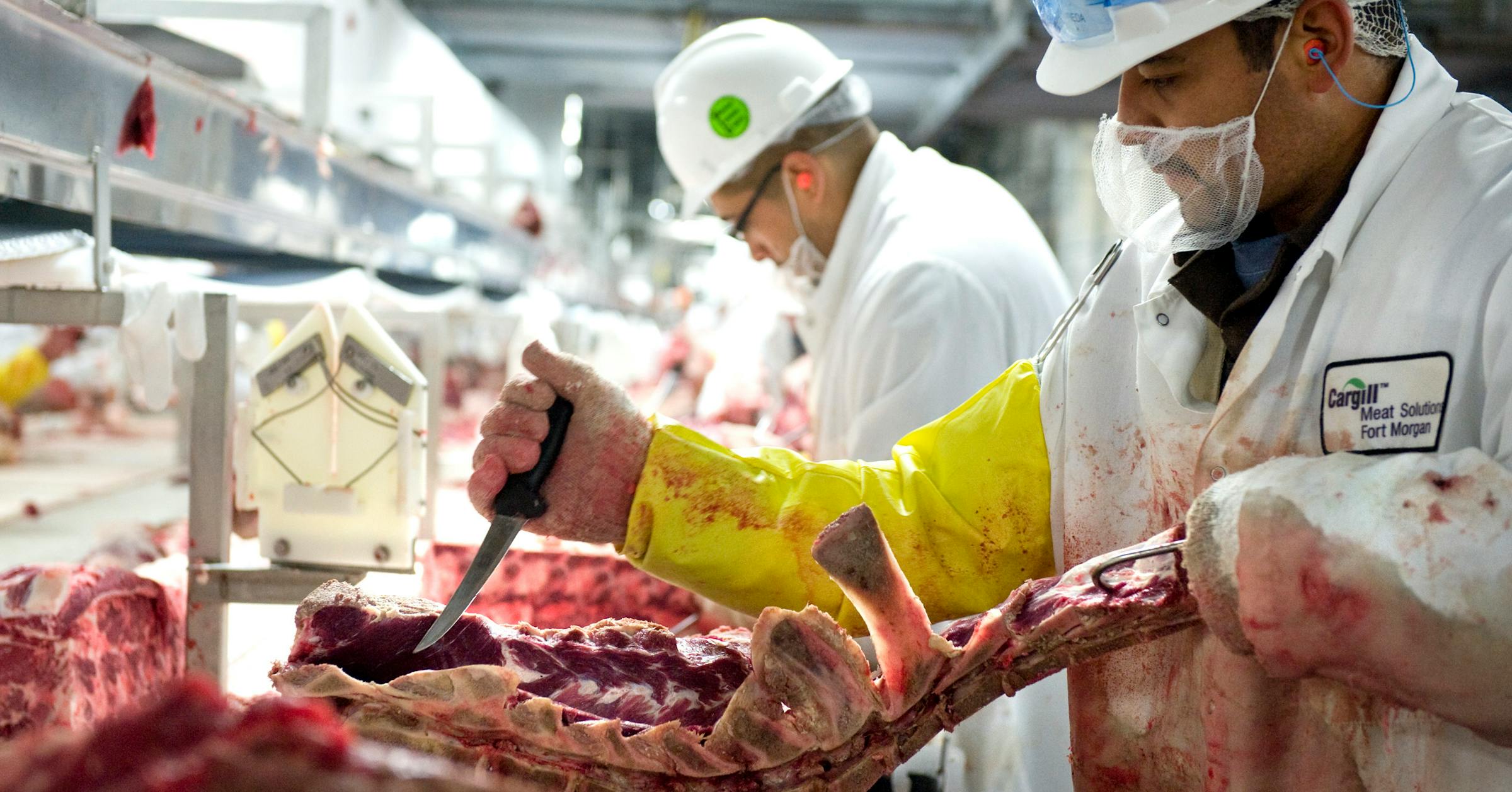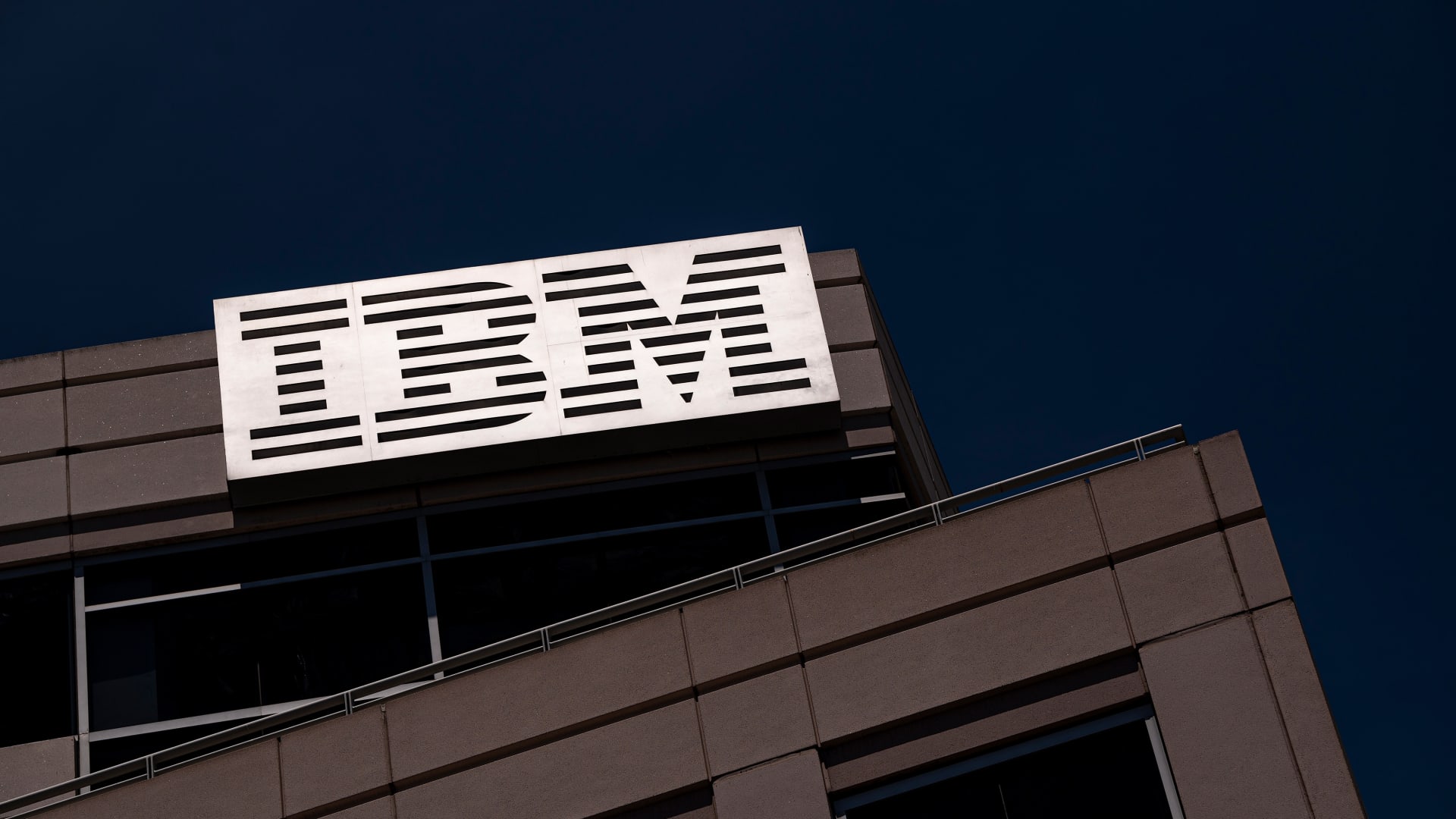Copyright startribune

Here are a few more examples of how AI is changing the business of food. If companies can accurately predict how much food they will sell, they will make just enough to meet that demand. That avoids both empty shelves and food waste. This demand forecasting is saving money in General Mills’ supply chain “and bringing a better rhythm of performance,” said Paul Gallagher, chief supply chain officer at General Mills. “We’re seeing that in lower costs. We’re also seeing it in less waste and ultimately better customer service,” he said. Demand forecasting has historically taken immense amounts of time and staff resources. Gallagher said AI has “reduced the time that people are spending in the system by over 50%.” And he even sees a way to increase that to 75%. AI might not make the process 100% accurate, but it’s a massive step-up for an industry selling perishable goods.



